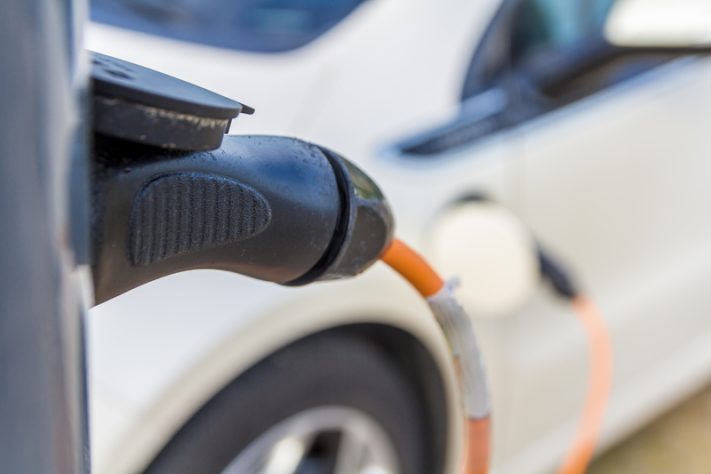More recharging and refuelling stations for alternative fuels will be deployed in the coming years across Europe enabling the transport sector to significantly reduce its carbon footprint following today’s adoption on the alternative fuel infrastructure regulation (AFIR), the EU Council informs.
”The new law is a milestone of our ‘Fit for 55’ policy providing for more public recharging capacity on the streets in cities and along the motorways across Europe. We are optimistic that in the near future, citizens will be able to charge their electric cars as easily as they do today in traditional petrol stations,” says Raquel Sánchez Jiménez, Spanish Minister of Transport, Mobility and Urban Agenda.
The text of the regulation provides for specific deployment targets that will have to be met in 2025 or 2030, in particular: from 2025 onwards, fast recharging stations of at least 150kW for cars and vans need to be installed every 60 km along the EU’s main transport corridors, the so-called ‘trans-European transport (TEN-T) network’. Also, recharging stations for heavy-duty vehicles with a minimum output of 350kW need to be deployed every 60 km along the TEN-T core network, and every 100 km on the larger TEN-T comprehensive network from 2025 onwards, with complete network coverage by 2030.
At the same time, hydrogen refuelling stations serving both cars and lorries must be deployed from 2030 onwards in all urban nodes and every 200 km along the TEN-T core network, while maritime ports welcoming a minimum number of large passenger vessels, or container vessels, must provide shore-side electricity for such vessels by 2030.
Airports must provide electricity to stationary aircraft at all gates by 2025, and at all remote stands by 2030. Users of electric or hydrogen-fuelled vehicles must be able to pay easily at recharging or refuelling points with payment cards or contactless devices and without a need for a subscription and in full price transparency. And operators of recharging or refuelling points must provide consumers full information through electronic means on the availability, waiting time or price at different stations
Following today’s formal adoption by the Council, the new regulation will be published in the EU’s official journal after the summer and will enter into force the twentieth day after this publication. The new rules will apply from six months after the date of entry into force of the regulation.
The alternative fuels infrastructure regulation (AFIR) is part of the Fit for 55 package. Presented by the European Commission on 14 July 2021, the package aims to enable the EU to reduce its net greenhouse gas emissions by at least 55% by 2030 compared to 1990 levels and to achieve climate neutrality in 2050.
On 2 June 2022, the Transport Council reached a general approach on the proposal and, following negotiations with the European Parliament, the two co-legislators reached a provisional agreement on the regulation on 28 March 2023.

